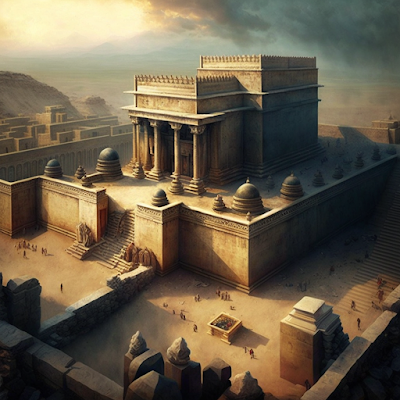Julius Caesar
Julius Caesar (100 BC - 44 BC) was a Roman general, statesman, and writer who played a pivotal role in the demise of the Roman Republic and the rise of the Roman Empire. Born into a patrician family in Rome, Caesar demonstrated a natural aptitude for leadership and military strategy from an early age.
He rose to prominence as a military commander during his campaigns in Gaul, where he conquered much of what is now modern-day France, Belgium, and Switzerland. His victories in Gaul made him immensely popular with the Roman people and secured his position as a leading figure in the Roman Republic.
Despite his success, Caesar faced opposition from conservative senators who feared his growing power and influence. In 49 BC, he famously crossed the Rubicon River with his army, effectively declaring war on the Roman Senate and sparking a civil war that would ultimately lead to his rise as the undisputed leader of Rome.
As dictator of Rome, Caesar enacted a series of sweeping political and social reforms, including the creation of a new calendar and the granting of citizenship to many non-Romans. His rule was marked by both great achievements and controversies, including the infamous assassination plot led by a group of senators who feared his growing power and influence.
During Caesar's lifetime, the Roman Empire was expanding its power and influence across the Mediterranean world, including the region of Palestine where Jesus was born and lived. Caesar's conquest of Gaul and his consolidation of power in Rome created a stable and prosperous society that facilitated the spread of ideas and culture across the empire, including the teachings of Jesus.
Furthermore, Caesar's assassination in 44 BC triggered a period of political instability in Rome, known as the Roman Civil War, which ultimately led to the rise of Julius Caesar's nephew, Octavian, as the first Roman Emperor. Octavian, who later became known as Augustus Caesar, presided over a period of relative peace and stability in the empire, which is often referred to as the Pax Romana.
The Pax Romana provided a favorable environment for the growth and spread of early Christianity, as it facilitated the movement of people and ideas across the empire. The Roman road system, which was developed during Caesar's time and expanded under Augustus, allowed for the rapid dissemination of the teachings of Jesus throughout the empire.
Today, Caesar is remembered as one of the most significant figures in Western history, celebrated for his military conquests, political accomplishments, and literary legacy. His writings, including his commentaries on the Gallic Wars and his memoirs, have provided invaluable insights into the history and culture of ancient Rome.




Comments
Post a Comment